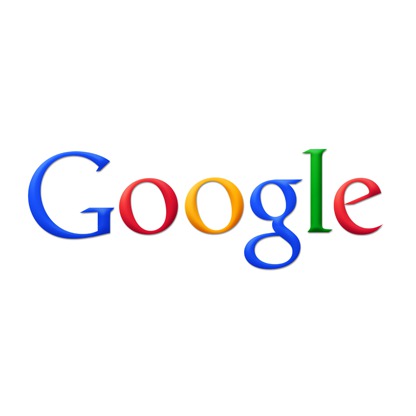In late November, the EU Parliament voted for the passing of antitrust legislation against Google, marking the latest chapter in its fight against the search engine. But why does it fight?
This vote, seeking to end the supposed monopoly Google has over search engines in Europe, is not the first time the EU has faced off against the tech giant.
This is landmark due to antitrust legislation, laws written to combat excessive or hurtful monopolies, being written for an internet company, and not another business like Verizon or AT&T.
“How does one differentiate between a monopoly and a company that does its job so efficiently that it leaves the competition behind?” Mrs. Lappas, AP US Government teacher said via email, “Google has a 67% share of the global research market and 4% of the global advertising market, according to Business Insider.”
“What does this tell us?” She continued, “ They are a highly successful enterprise and they are really good at what they do.”
In an interview, Mr. Quinn, Head of the Computer Science Department, said “Google effectively has a monopoly of search engines. But, it’s not like monopolies of the past: people choose to use Google, and not Bing or Yahoo. They can, but they choose Google. It’s not like Google forces people to use it”
This makes it exceptionally hard to break up the company’s share of the search engine market, because Google does not restrict access to Bing or Yahoo.
“The Internet is an interesting industry,” Quinn said, “It’s like the monopolies of the past don’t apply here.”
“Could Google be broken up?” Mr. Ostick, Economics teacher, said, “Yes, yes they could. The thing is, when it seems that Google is providing the best service, and it is broken up, what happens to the market?”
Google can be classified as a capital-intensive service, meaning that it takes more money (capital), than labor to run the company, Mr. Ostick then said. “When a market is overwhelmingly capital-intensive, it can be difficult for new companies to spring up.”
Since the EU carries massive political influence in the world, there are thoughts as to whether or not the United States, where Google is headquartered, will take action against Google in their own antitrust legislation.
“They certainly could,” Ostick continued, “But the government has to keep the market in their mind. We can’t have another Bell Telephone, where the best service was broken up because they were the biggest company.”
“There are some who say the FTC (Federal Trade Commission) will bring suit against Google. They say that Google has used its power to harm its rivals,” said Mrs. Lappas. “It’ll be interesting to see what evidence they will bring to light.”
The FTC and Google have butted heads in the past. One such showdown was a $19 million dollar settlement on making it too easy for children to utilize in-app purchases without their parent’s consent in September. These purchases ranged from $0.99 to $200.
The last time the EU fought Google, it was over the so-called “Right to be Forgotten”. This movement is summarized as search engines cleaning records of individuals at their request, thus being “forgotten”by the internet.
“In some senses, I can agree with the right to be forgotten,” Quinn said, “You have a right to privacy. But it can open a dangerous window, especially when politicians or other public figures are having Google forget them to save or make a political career. Especially at a time when people deserve to see their records.”





